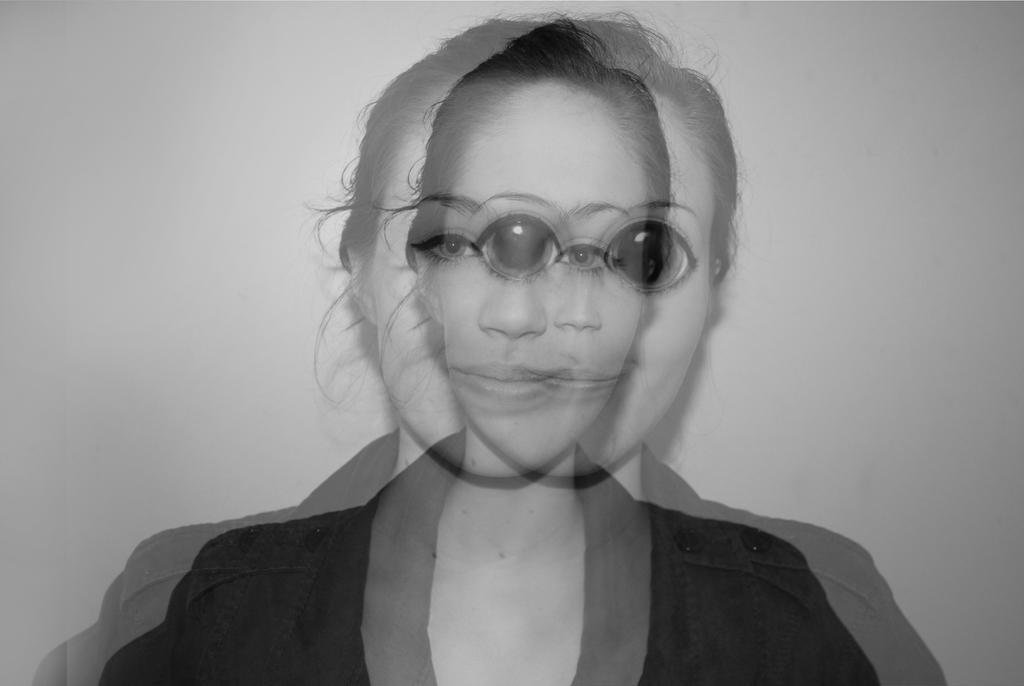Information and Identity Distortion

By Emilie Evans
Real Life Situation:
Video of "Are You Living an Insta Lie?" by Ditch the Label, shown in an article by The New Times, which highlights the reality behind the most common lies told on social media.
Knowledge Issues:
- The relationship between social media and truth.
- The falsification of information online shapes our identity.
- The sharing of personal information is open to misinterpretation.
- The dimensions of identity.
- Can reason be used as a defence against the dangers of distortion of information?
To what extent is our identity and our understanding of information constructed in ways that are open to distortion?
Claim #1
- Way of knowing: language.
- On social media, information shared through text prevents us from understanding the author's message and the way in which they meant it. This makes the information open to misinterpretation and distortion.
- No facial expressions, hand or body gestures, and tone.

Counter claim

- Way of knowing: perception.
- New social media apps focus on the sharing of photographic footage, which allow us to visually perceive the way in which someone means something, enabling a decrease in the extent to which information may be altered on social media.
- Such apps include: Instagram, SnapChat and Pinterest.
Claim #2
- Way of knowing: perception.
- The impression we give of ourselves can allow our identities to be altered.
- With reference to the Gerewol Festival, an annual courtship ritual competition among Woodabe Fula people in Niger. The men from the Woodabe Tribe beautify themselves for hours to attract the attention of young marriageable women, using traditional face paint and clothing.

Counter claim
- Way of knowing: perception.
- Despite the ability to make a good impression, there is not always truth behind an image.
- With reference to social media's perfect couple, Chris & Shanann Watts, who appeared to have a blissful marriage online, in fact faced multiple difficulties which drove Chris Watts to murder his wife.

Further...
- Area of knowledge: ethics.
- Is it ethically correct to question why someone may alter their identity if we too do it ourselves?
- To some extent, everyone aims to give a good impression at some point, especially during important encounters, for example: with parents, bosses, or potential partners; meaning that it would be hypocritical to judge why someone may want to change their image if we may one day do the same.

Claim #3
- Way of knowing: emotion.
- Emotion can come into conflict with the way in which we interpret information, because our emotional state in a given moment may influence our understanding of something or our view of someone.
- For example, when angry or upset, information shared with us is prone to being interpreted negatively. Likewise, our opinion on a person may be more pessimistic, proving a reason for the distortion of information.

Counter claim
- Way of knowing: reason.
- During these emotionally charged moments, a person should learn the ability to self-regulate and be more rational, to avoid letting information be misinterpreted.
- Way of knowing: memory.
- Despite a highly emotional moment with another person, memory of past events with them could prevent emotion from causing conflict on our opinion of them. Quote from psychological scientist Erika Siege: "We construct perceptions of the world as the architects of our own experience."

Conclusion
Our identity and understanding of information may be very open to distortion, not only on social media, but in real life too. This is because everyone has a personal opinion on different subjects and people, which is highly dependent on small details within our ways of knowing, such as text type in language, and our mood in emotion.
There are certain issues that may arise from the distortion of information and identities such as identity theft and catfishing.
It is important to consider the extent to which information can be manipulated, especially before coming to any conclusions about certain people or pieces of information.
Real Life Situation #2
- Rhys Miller-Offiong, ‘catfished’ his victims by posing as a white man on Facebook and dating website Plenty of Fish, where he befriended them and convinced them to send him intimate pictures.
- A predatory sex offender who impersonated another man, drew unsuspecting girls into his sexual trap via social media and dating websites.
- Miller-Offiong has been sentences for 15 years in prison for blackmail, rape and distribution of indecent images of a child.

Works Cited
https://www.newtimes.co.rw/lifestyle/are-you-living-social-media-lie
https://www.standardmedia.co.ke/article/2001294237/are-you-living-an-insta-lie-social-media-vs-reality
https://www.psychologytoday.com/us/blog/pieces-mind/201208/few-the-many-ways-we-distort-reality
https://www.telegraph.co.uk/news/2018/12/06/catfish-rapist-blackmailed-victims-met-online-jailed-15-years/
https://securitynewsdesk.com/psychological-manipulation-via-social-media-concept-self-identity/
http://www.oxfordscholarship.com/view/10.1093/acprof:oso/9780199639540.001.0001/acprof-9780199639540-chapter-003